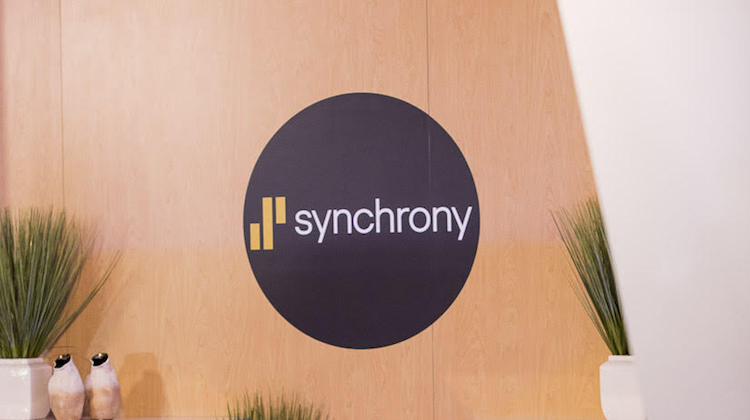Modern Marketing
Synchrony is launching a content marketing platform with CNBC
- Synchrony is partnering with CNBC on branded content and live events as part of a content marketing push called "State of Pay"
- State of Pay will explore how people shop and pay for things and will be distributed on CNBC channels, Facebook Live, Twitter and Apple News, as well as through activations at events like ShopTalk








